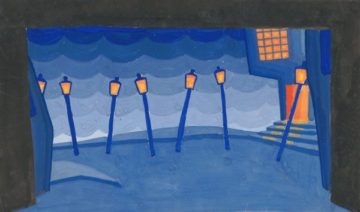Devorah Baum in The White Review:
 1. ‘It’s kind of crazy to shop at Target, watch Netflix, drive a Honda, and still have a husband.’
1. ‘It’s kind of crazy to shop at Target, watch Netflix, drive a Honda, and still have a husband.’
Marriage falls into a specific category of things I don’t want to think about because their meaning swells the more you do. Personally, socially, historically. And yet, I am always interested in love stories: I listen to my friends talk about their love lives and when they apologise for dwelling on something – ‘is this boring?!’ – I answer, ‘love is the subject.’ I am interested in how we organise our lives by connection with other people, in how we live alongside others, in how love is a social construct and a form of relation. Love is the subject, by which I mean, love is something we want to narrate and discuss, because words make this inexplicable and incomprehensible thing – other people – feel less ambiguous, perhaps closer to certainty.
I don’t mean to conflate marriage and love. Quite the opposite – it is marriage’s function as an organising logic that I fear, that I believe does not work for anyone (especially not women). When I speak of marriage, it is not love I think of, but power. I think about Phyllis Rose discussing this in the introduction to PARALLEL LIVES: FIVE VICTORIAN MARRIAGES (1983): ‘When we resign power or assume new power, we insist it is not happening and demand to be talked to about love. Perhaps that is what love is – the momentary or prolonged refusal to think of another person in terms of power.’ But power is impossible to sidestep. A page later: ‘Who can resist the thought that love is the ideological bone thrown to women to distract their attention from the powerlessness of their lives?’
More here.
